How Two Wealthy Chicago Teenagers Attempted to Commit the 'Perfect' Murder (FPD CASE VAULT)
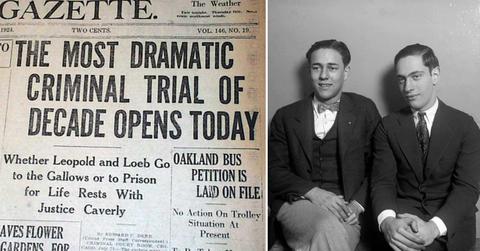
At the start of the 20th century, Chicago was notorious for vicious crimes thanks to the Mafia running rampant throughout the city. But, it was the trial of two wealthy teens that drew national attention.
Nathan Leopold and Richard "Dickie” Loeb were teenagers that resided in the upper-class Chicago suburbs. Loeb was an astounding student, graduating from the University of Chicago at 17. Loeb aspired to attend law school, which, at the time, Leopold was already enrolled. Loeb developed an uncanny fascination for creating the perfect crime, which almost came to fruition.
Friends and neighbors, Loeb and Leopold, did not seem like the ideal match to form a bond. Loeb was a charming teen who could woo anyone with his looks and personality. Leopold was very awkward and shy, letting his sociable friend Loeb have the spotlight. Leopold fell hard for Loeb and was willing to do anything for him.
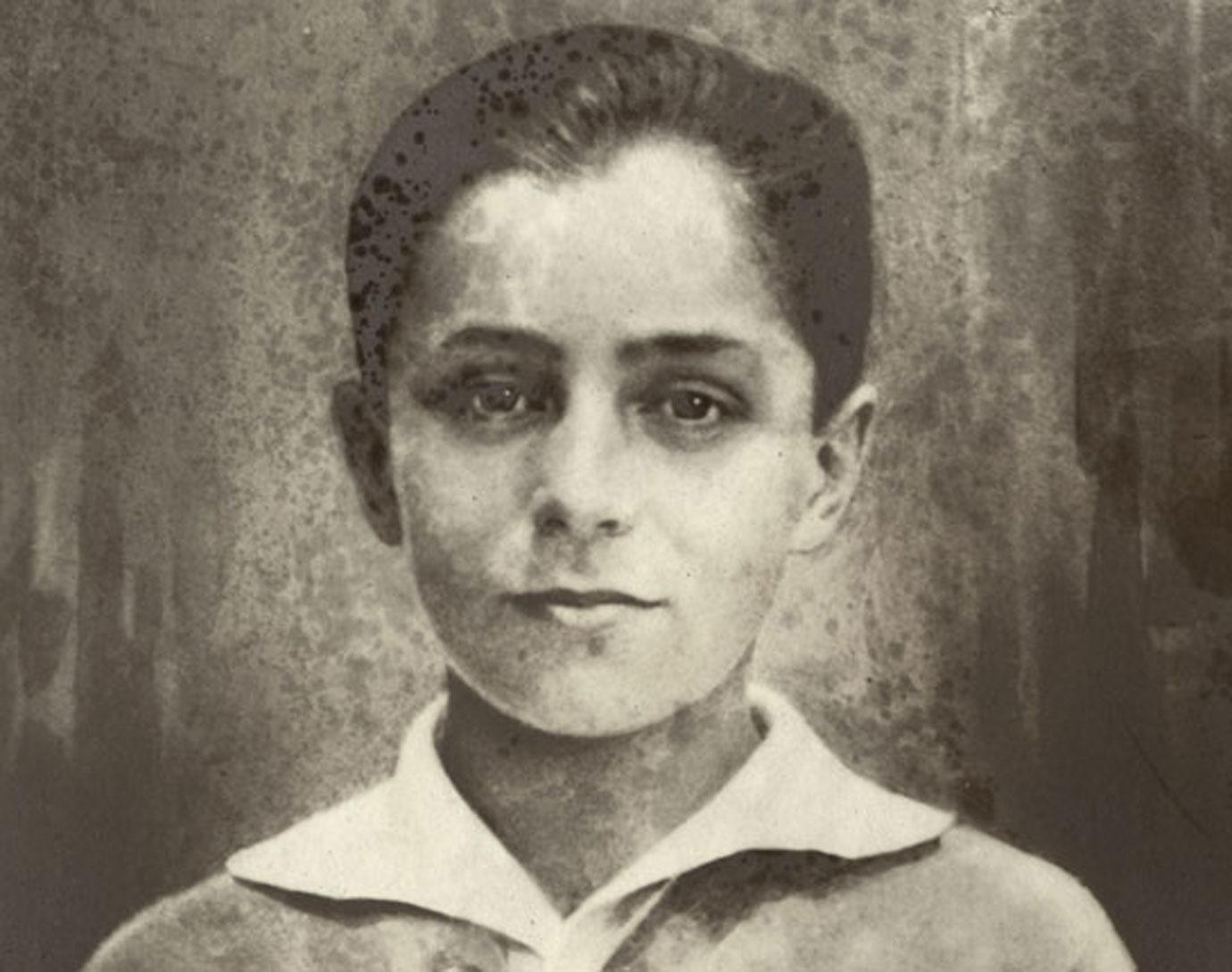
14-year-old Bobby Franks
During the summer of 1924, the two friends murdered 14-year-old Bobby Franks, Loeb's cousin, after luring him into their car. Franks was hit several times by Loeb with a chisel and was gagged to death. The motive for the senseless murder of a young boy was that Loeb and Leopold wanted to commit the ideal crime.
After the killing, the duo sent Franks's family a ransom note for $10,000.
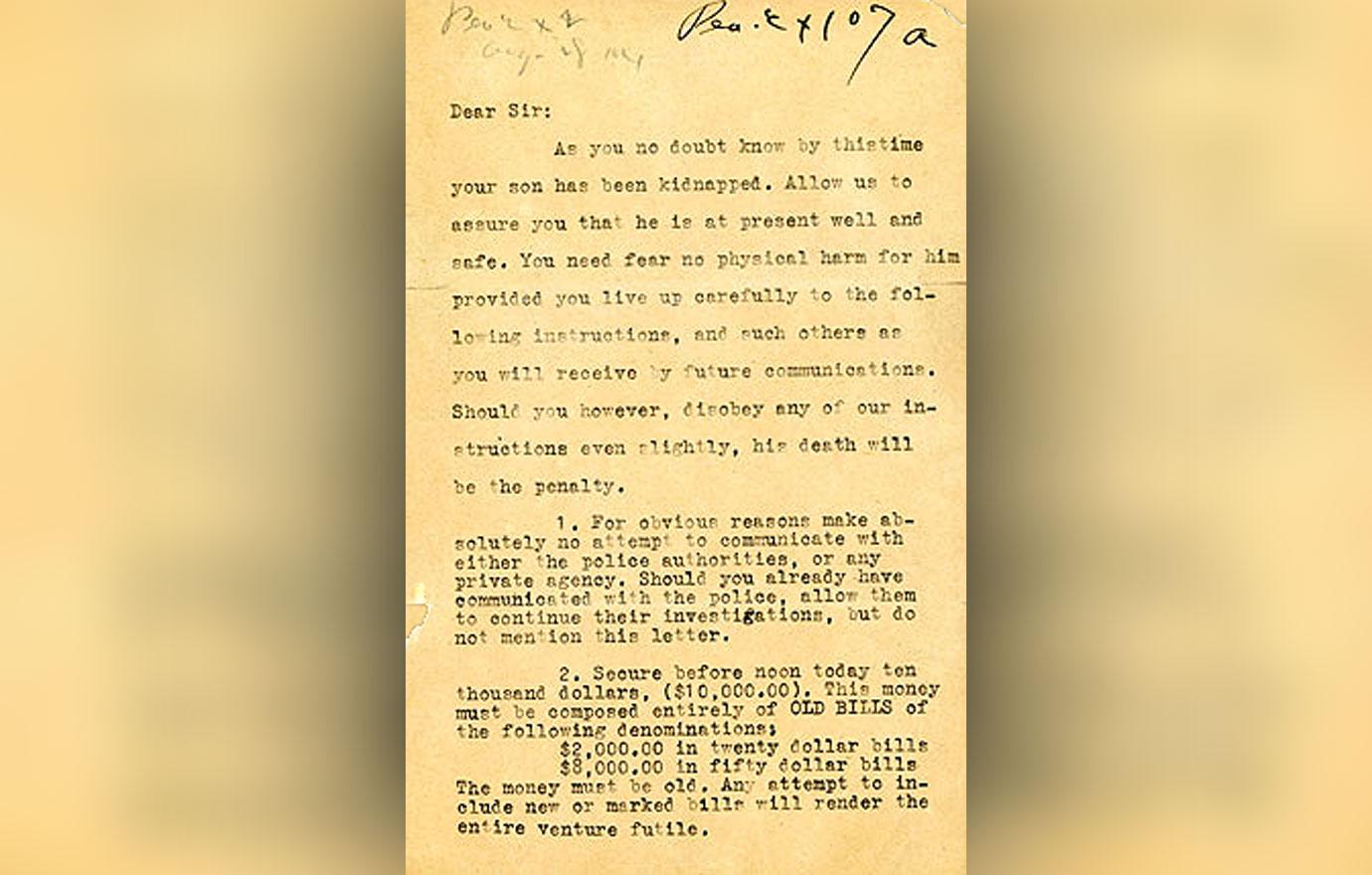
The friends could have succeeded in their "perfect" crime had Leopold not left his prescription glasses at the scene. Only three people in the Chicago area purchased the glasses from the only store that sold them, including Leopold.
Once the police connected Leopold and Loeb to Franks's murder, the trial began later in 1924.
Loeb and Leopold chose defense attorney Clarence Darrow, famously known for winning complex cases. Darrow knew the duo wouldn't get off scot-free, but he could lessen the punishment.
The state attorney, Robert Crowe, sought the duo's execution, which led the teenagers' families to hire the prominent defense lawyer to represent their sons.
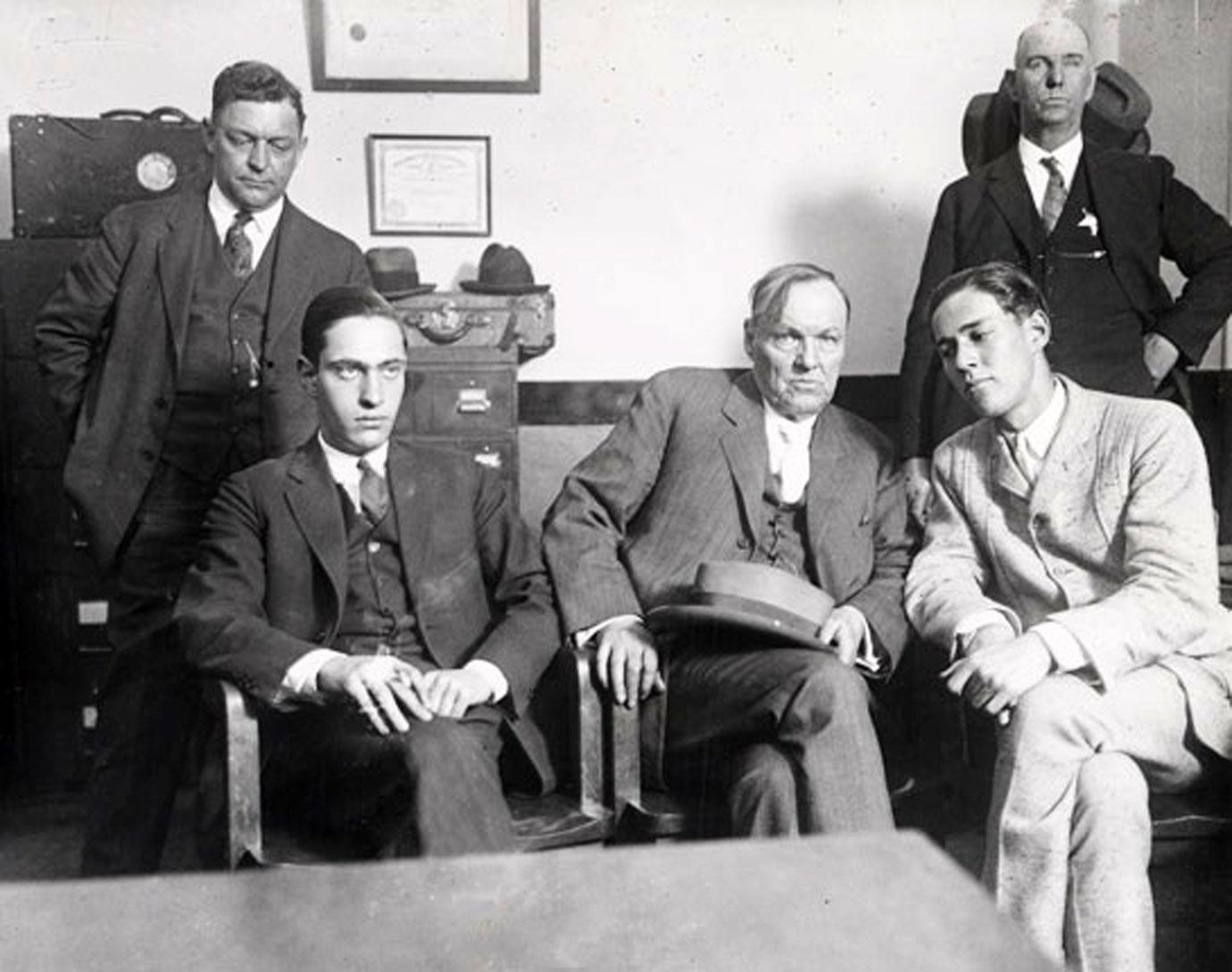
Loeb's and Leopold's Defense attorney Clarence Darrow (Center)
Darrow's method to eliminate the death penalty charges was to deem Loeb and Leopold as "mentally ill." Darrow had the teenagers enter a guilty plea to keep a jury out of the trial and deciding a verdict. He made claims the teenagers had traumatic experiences, which led to the murder of Franks.
The public honed in on the infamous trial, given that it dealt with two wealthy Jewish teenagers who committed a vicious crime. Chicago was already a crime-ridden city, but the details of Franks's murder made national news. Chicago news outlets followed the trial closely, but did not broadcast it to its citizens, given how grisly murder details.
To defend his mental illness claims amongst Loeb and Leopold, Darrow had psychologists testify. The prosecuting attorney also brought in their psychologists to testify against Darrow's claims.
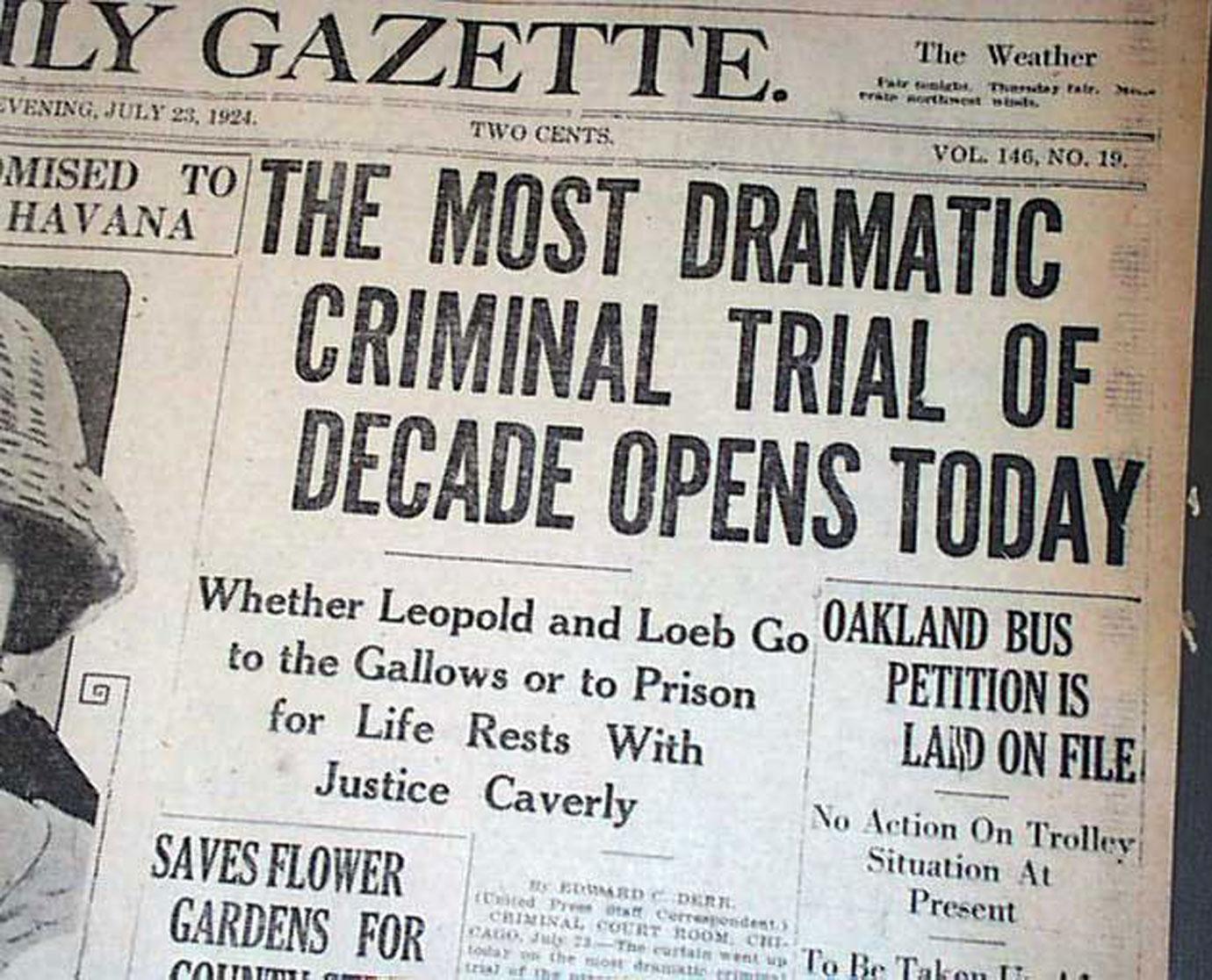
"Taunton Daily Gazette," Massachusetts, July 22, 1924.
Towards the end of the trial, Darrow spent three days giving his closing remarks. Many believed that his long-winded speech might have helped him win the case for the teenagers.
In September 1924, Loeb and Leopold were spared the death penalty, receiving life sentences plus 99 years for the kidnapping and murder of Franks.
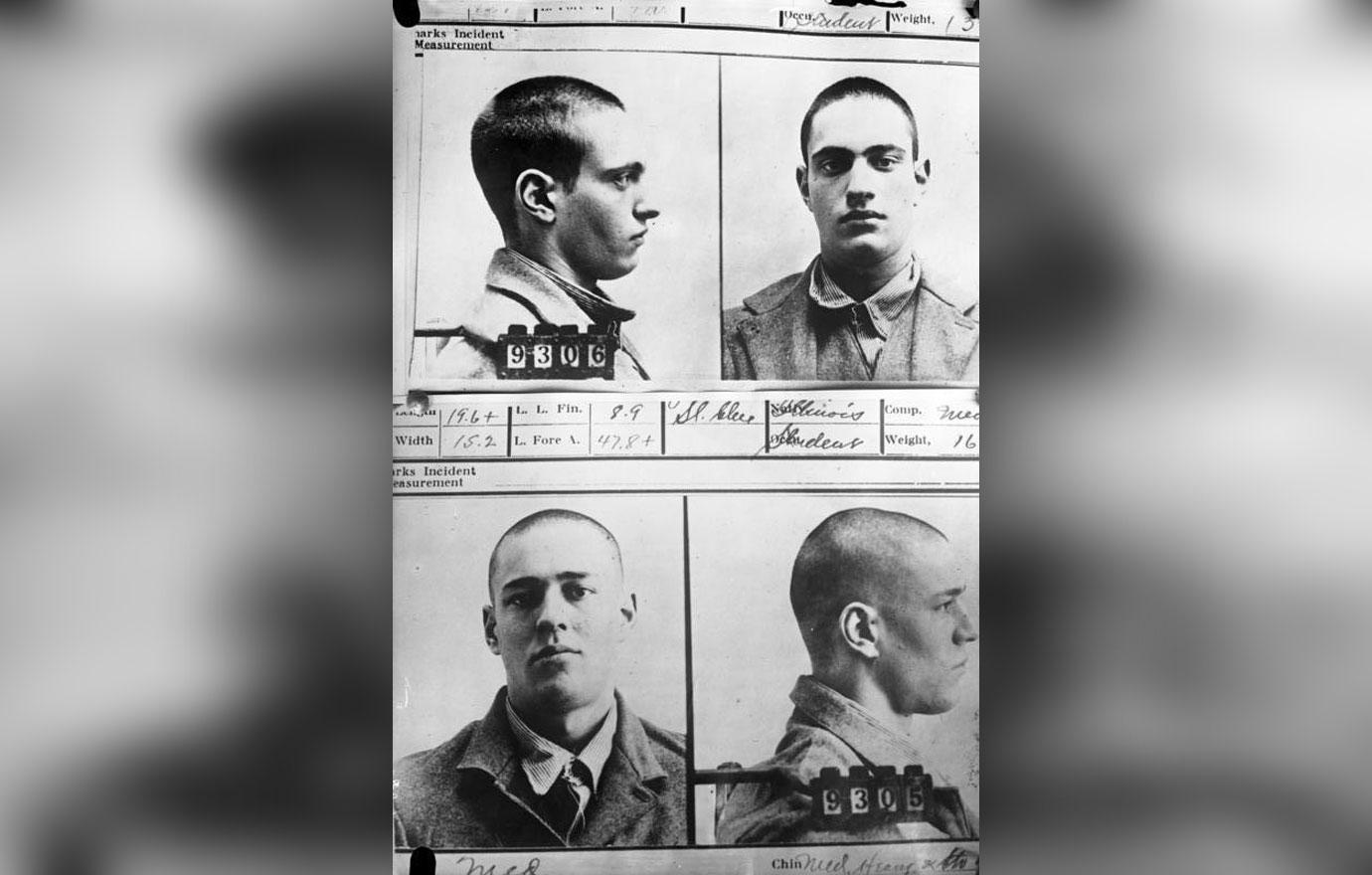
Nathan Leopold (top) and Richard Loeb (bottom)
During his prison sentence, Loeb was murdered by another cellmate, James Day, in 1936. Day claimed that Loeb made sexual advances at him.
In 1958, Leopold was released on parole. He moved to Puerto Rico to teach math at the University of Puerto Rico, later publishing a textbook. Leopold passed away from a heart attack in August 1971.
Become a Front Page Detective
Sign up to receive breaking
Front Page Detectives
news and exclusive investigations.
